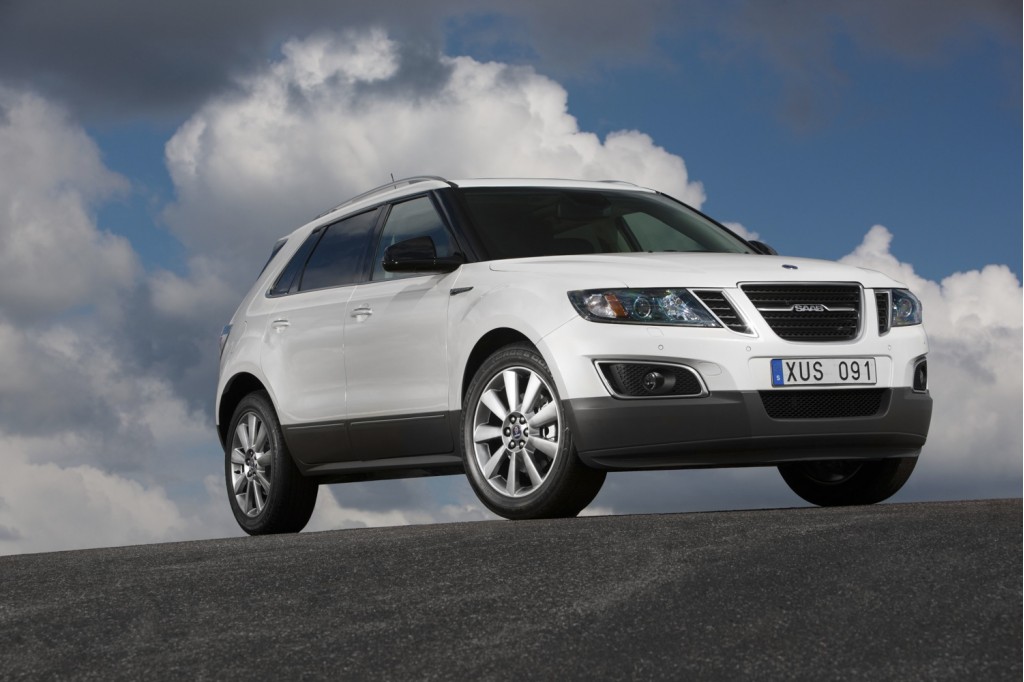
2011 Saab 9-4X
Saab's new deal with a fledgling Chinese automaker doesn't just mean a lifeline for the struggling Swedish automaker; it could over the longer term become a much-needed powertrain supplier—especially in the area of clean diesels.
Through the deal that's almost finalized, Hawtai Motor Group (which has been building vehicles, mostly off older Hyundai designs, for less than a decade) will purchase a nearly 30-percent share in Saab for about 150 million euros, or about $215 million.
Victor Muller, CEO of Saab's owner, Spyker Cars, says that the two brands are quite close in size and can mutually benefit from their new ties.
Hawtai an "incredible asset"
The chief executive called Hawtai an "incredible asset," as evidenced by the company's rapidly growing share of the Chinese market, cash-rich status, and modern production facilities.
"They own a brand-new clean-diesel engine facility, on which they've invested $750 million last year to build," he said, pointing out that the factory is building five different clean diesels, licensed by VM Motori, "including the V-6 diesel that we wanted to put in the 9-4X," in addition to several engines in compliance with European emissions standards.
Such a scenario could keep Saab in with diesel owners in Europe, where vehicle taxes often make diesel ownership more favorable; and it could also be a hedge against rising fuel prices not only over there but here in the U.S.
Within five years, Hawtai plans to be producing over a million engines (and vehicles) a year, altogether.
A high-mileage option for the 9-3?
It's too late to secure that V-6 diesel for the 9-4X—at least in this current iteration—but Saab officials hinted that Hawtai might be able to supply engines for future Saab models—potentially the upcoming, Audi A4-sized 9-3 Griffin, for instance, in some markets.
The deal is good for Saab, Muller says, because it allows Saab to remain independent and fully execute its product plan. A deal with one of China's top three automakers would have basically meant selling the company, the Saab badge, and its designs to use without condition; but with Hawtai the automaker gets what it most needs—access to Saab's vehicle designs for production in China, which will give it a stronger foothold in its increasingly competitive home market.
+++++++++++












